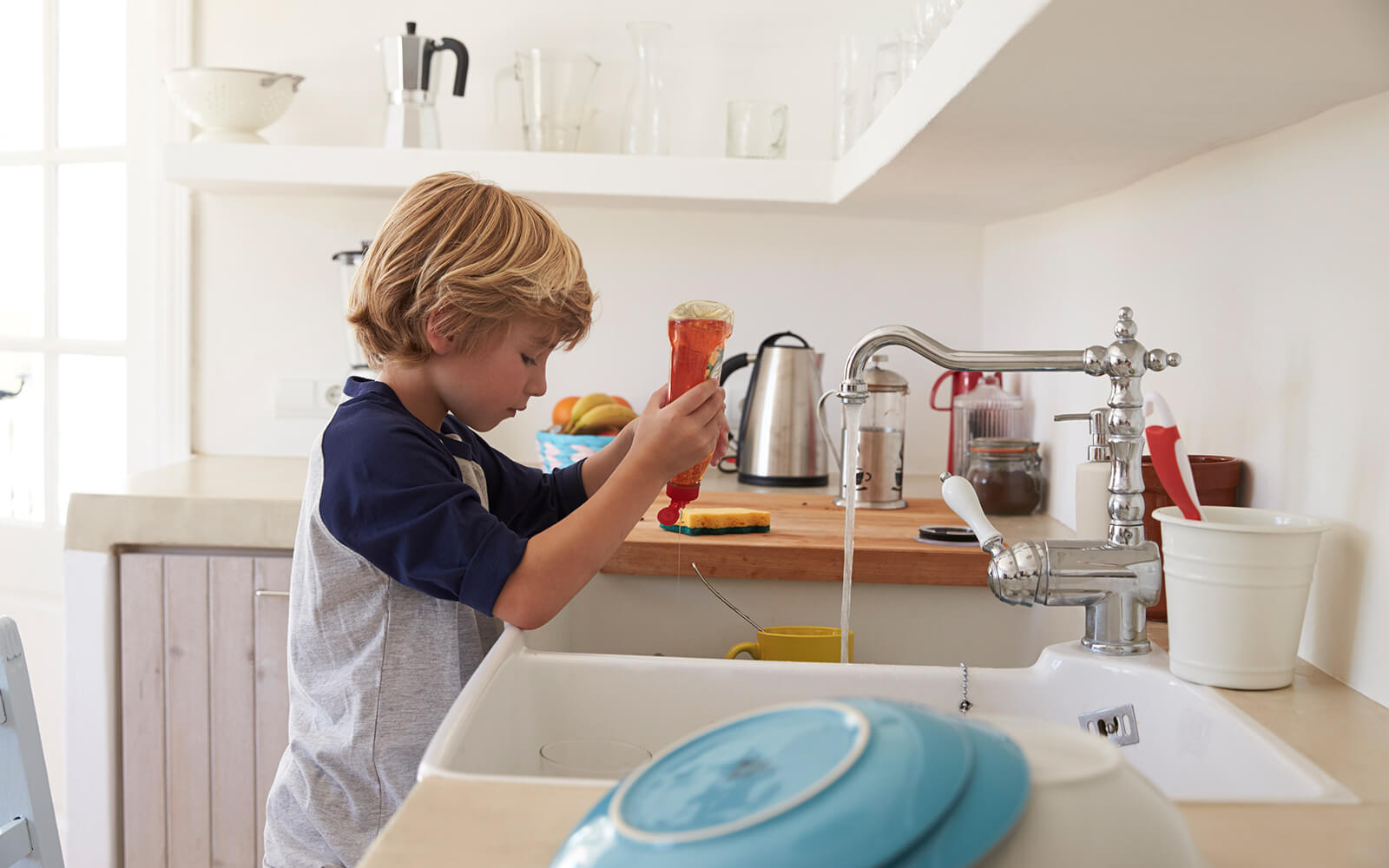“It’s a constant battle to get my child to do chores. He always says he will, but then he doesn’t without constant reminders and hassles that usually end up in punishment. I feel like giving up and doing everything myself, but I know he needs to learn responsibility. Maybe he’s just too young.”
It’s never too early or too late to get your kids involved in chores. Kids need to know they are important members of the family, that they can make useful contributions. Helping the family with chores builds skills, makes them feel useful and gives them an appreciation of what needs to be done in the home, and those who do it.
Some parents feel it’s better and easier to do everything themselves, so that things are done ‘properly’. When parents take this approach, they deprive their children the opportunity to learn cooperation and responsibility.
Here are some ways to get kids more involved:
- Discuss chores at a family meeting so that children can help solve the problems of getting them done. They are more cooperative when they can voice their feelings and be part of the planning and choosing.
- Take time for training. Teach your child how to do a job and work with them until they learn how to do it themselves. Then, let them know you are available if they need help. Don’t jump in unless asked.
- Create a ‘chore time’ when everyone works together rather than handing out a list of chores for kids to do.
- Focus on the positives – notice the contribution instead of the quality of the work. Avoid criticism if accidents happen. Instead, focus on how to fix the problem. You might ask what they need to do to fix the issue. This also teaches that mistakes are opportunities to learn.
Holding family meetings is one of the most valuable things you can do as a family. Family meetings provide an opportunity to teach children valuable social and life skills which builds character. At family meetings children can plan the division and sharing of household chores and through this sharing process children will learn cooperation and responsibility.
Credit – Nelsen Jane, Lynn Lott and H. Stephan Glenn. Positive Discipline A-Z. Third edition. United States: Three Rivers Press, 2007. Print.

